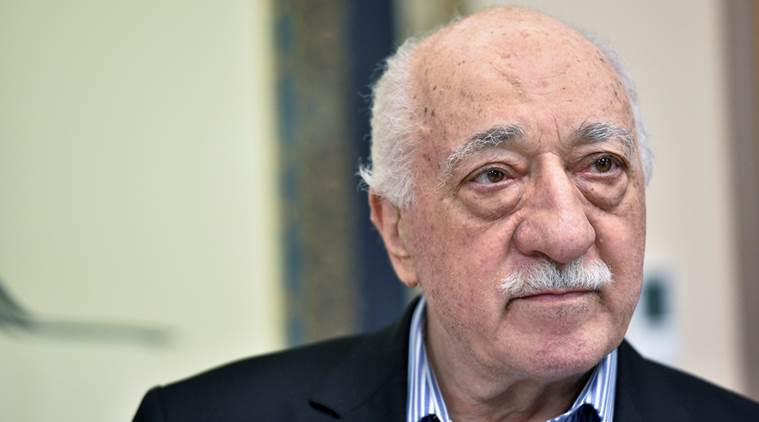By Boston Globe Editorial
Following the revelation last week by NBC News that the administration was weighing whether to extradite Islamic cleric Fethullah Gulen to Turkey, President Trump said on Saturday that he wasn’t considering it.
For now.
“No, it’s not under consideration,” Trump told reporters. While he was prepared to do whatever he could for Turkey, “at this point” the administration would not be sending Gulen back to the country he left voluntarily in 1999.
But any US president who takes American ideals seriously would have insisted that foreign citizens can be extradited only when legal procedures are followed. Extradition cannot be based on friendships, and definitely not to trade realpolitik favors.
Extraditing Gulen, accused by Erdogan of heading a movement responsible for the 2016 coup attempt, would signal the United States’ tacit approval for the jailing of about 200,000 professors, journalists, judges, and civil society activists in the post-coup crackdown. It would also deliver Gulen to almost certain death, since Erdogan has classified Gulen’s organization as a terrorist group whose members deserve to be “beheaded.”
Gulen’s extradition has been formally requested by Turkey, and refused because there is no legal grounds for the United States to do so. That has led Turkey to consider extralegal means; The Wall Street Journal has reported that former Trump national security adviser Michael Flynn, both during the 2016 campaign and afterward, was involved in negotiating the possible kidnapping of the cleric, who would then be flown out of the country in a private plane. Erdogan has kidnapped his perceived enemies overseas in covert operations before — in Kosovo, Gulen-affiliated teachers were abducted and flown to Turkey.
Agreeing to Turkey’s requests, for any reason, would send a terrible message worldwide and undermine the rule of law in the United States. Trump’s assertion that extradition wasn’t under consideration “at this point” left the door chillingly open. But placating authoritarian leaders by handing over their critics should not be under consideration at any point — ever.









